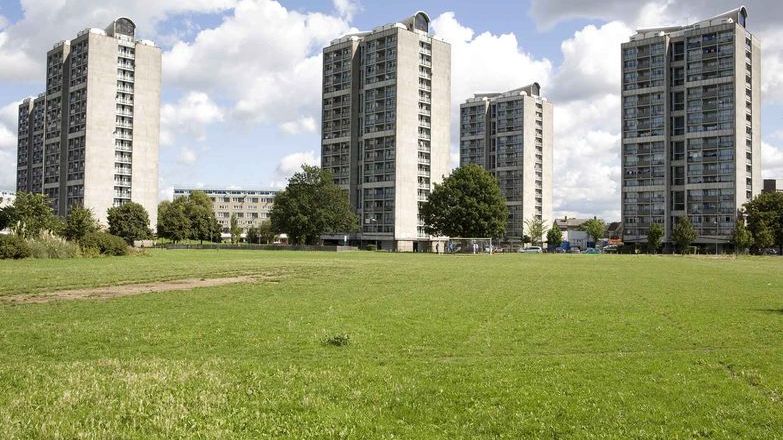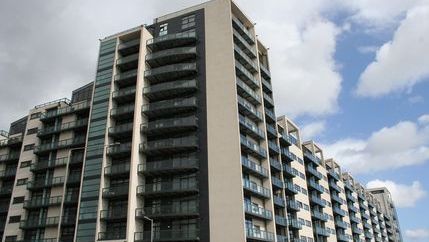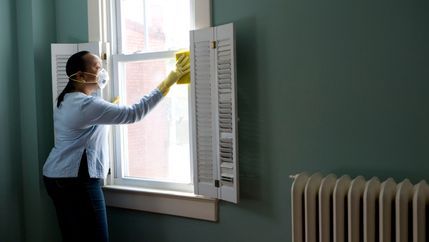
Generally, Propertymark supports the proposals to ensure that buildings are free from unsafe cladding and to reduce the risk of loss of life in high-risk buildings. The proposed Bill should deliver quick and cost-effective remediation and give Ministers the tools to incentivise building owners to assess their properties and carry out remediation works.
Landlords should not lose out
If a let property has to be vacated due to safety concerns or building works, landlords will experience loss of rent and possible insurance complications as a result of an unoccupied property. If work took a long time to complete they may be forced to sell, leading to even greater disruption for tenants and further decline in available rental properties.
We recommend that landlords in affected buildings are compensated for loss of rent, and that discussions take place with insurance providers to iron out any potential issues before the Bill becomes law.
Clarify the role of agents
Managing agents are in a unique position to support the assessment and certification of buildings because of their records and relationships with residents and other relevant parties.
If local authorities are given responsibility for carrying out assessment and registrations we have concerns about their capacity to be effective, especially in the short-term due where there is likely to be high demand and a low supply of qualified assessors. We strongly recommend that authorities work closely with agents to carry out these duties.
Cladding assurance register
Buildings where all necessary remediation work has been completed, or where no work is required, will be entered onto the Register. It’s expected that solicitors and lenders will use this Register during the sale and purchase of affected properties.
We have urged the Scottish Government not to charge for access to the Register, and instead to ensure it is freely and easily available.The risk of not doing so is that the Register will fail to motivate building owners to remediate properties, especially where the cost of works is high.
Evacuation plans should include alternative accommodation
Whilst the requirement to remove residents from potentially dangerous premises, or to relocate them whilst work is being completed, is clearly important, we have highlighted concerns about potential unintended consequences.
Securing temporary accommodation is likely to be a significant challenge for both homeowners and renters due to the lack of rental stock. The current proposal for 14 days’ notice is insufficient and we recommend it is extended to 28 days with the added requirement for a provisional date that they will be able to move back into their home.





